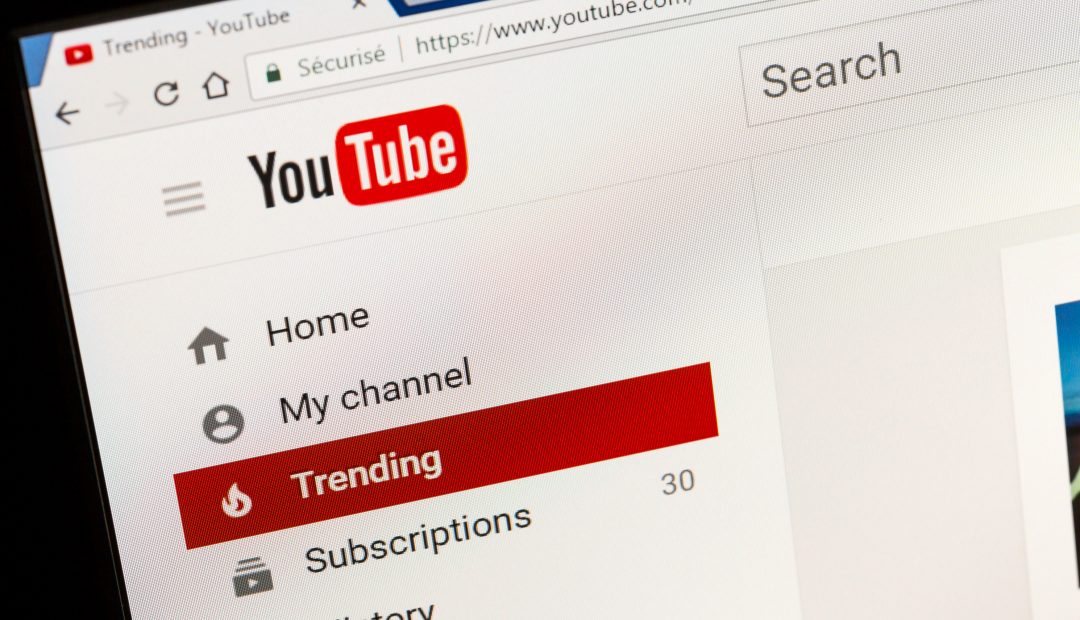The video streaming site YouTube is being accused by several LGBTQ content creators that the company discriminates against LGBTQ content by hiding videos, removing subscribers, and denying advertising. According to the content creators, platform monitors unfairly targets videos tagged with words like “gay,” “transgender,” or “bisexual,” even when the videos have no mature content.
A federal lawsuit is being filed against the site and its parent company, Google. The suit goes further to say that the site enforces its policies unevenly and gives a pass to creators with large audiences. Even when their content is hostile towards the LGBTQ community.
According to the lead attorney for the plaintiffs, Peter Obstler, this alleged discrimination is “embedded in the business model”. In an interview he continued to say that “by controlling an estimated 95% of the public video communications that occur in the world, Google and YouTube wield unparalleled power and unfettered discretion to apply viewpoint-based content policies in a way that permits them to pick winners and losers.”
Many creators involved in the suit claim YouTube unfairly marked their videos as “restricted,” which limits who who could view them and how much money they could make on it. This is the case for Bria Kam and Chrissy Chambers of BriaAndChrissy, whose channel is aimed at LGBTQ viewers. In a report by the Washington Post they say they went from making $3,500 to $500 a month on their videos.
In addition, their most popular videos started getting restricted and demonetized. This happened to one of their videos called Face Your Fears, even though it had been first posted years prior. The video features a couple standing in front of anti-gay protesters, kissing.
“We’re kind of at the end of our rope,” said Chambers. “We knew we had been unfairly silenced and persecuted for all these years and we didn’t know what we could do about it. Then this lawsuit came up and we knew this was the action we had to take.”
And Chambers isn’t the only one who feels this way. Lindsay Amer’s channel Queer Kid Stuff has videos designed to teach young kids about what it means to be LGBTQ and how to stand up for equal rights. Amer said that YouTube did nothing to stop the flood of Nazi trolls in her comment section spreading hate and discouraging parents from letting kids watch her channel.
There are numerous other claims by creators with similar complaints about restricting videos and nothing being done about online harassment.
YouTube did not originally comment on the lawsuit, but later Alex Joseph, a YouTube representative, told BuzzFeed News “we’re proud that so many LGBTQ creators have chosen YouTube as a place to share their stories and build community… All content on our site is subject to the same policies. Our policies have no notion of sexual orientation or gender identity and our systems do not restrict or demonetize videos based on these factors or the inclusion of terms like ‘gay’ or ‘transgender.’ In addition, we have strong policies prohibiting hate speech, and we quickly remove content that violates our policies and terminate accounts that do so repeatedly.”
This is not the first time Youtube had been under fire for moderating content unfairly. The same law firm handling this case, Browne George Ross, is also involved in an ongoing suit against YouTube with Prager University. They allege the site removed or restricted its education videos because they contain conservative views.


